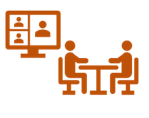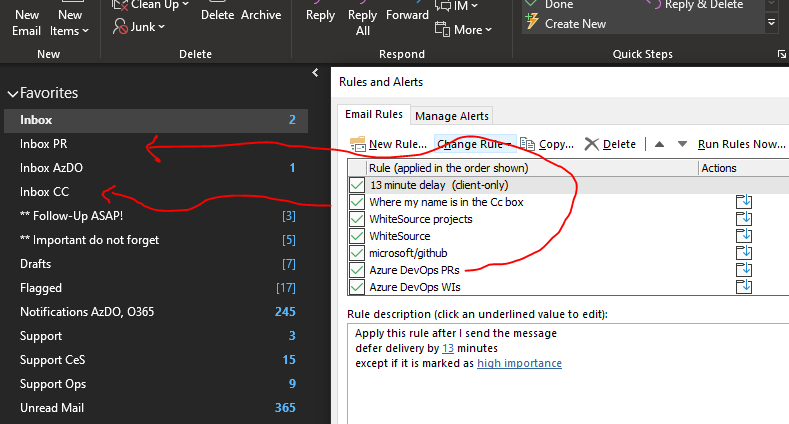I start working on an automation script. It has a purpose, I am starting to master my PowerShell skills, and my brain is thriving on autonomy. A pop-up on Microsoft Teams catches my attention, as three more email notifications pop-up. The phone rings ... someone's hair is on fire. I remember that I promised my colleague to send a summary of the recent 90-days of telemetry, just as I get pulled into an ad-hoc meeting without any context.
Can you visualize yourself in this situation? Do you realise that there were six (6) context switches in the previous relatively short example?
Each context switch = loss of focus, quality, and mastery.
In this brief post I will share a few recipes I am evaluating myself to stop the madness.
Context Switch
But first, let us understand what a context switch is all about. If you know the basic processor architecture and have a knowledge of assembler, you will appreciate that a context switch is not trivial. The processor is interrupted, currently executing process registers, program counters, and operating system data are saved, a new process is scheduled, and execution in a different context begins. '
Pseudocode:
- movel: copy arguments from stack to memory
- pushl: Save registers (edp, ebc, esi, edi, ...)
- movel: Switch stacks
- popl: load new registers
The switch saves the state of the currently executing process, so that when it is rescheduled, the state can be restored. Our digital companions have mastered the art of consistent and high-speed context switching. When the binary dust settles in my world, it often takes time to reset my mental state and energy, stress levels rise dangerously, and things of value are often omitted (forgotten).
Stop Waste, focus on Value
I live by two leadership maxims I crafted over the past year:
- Enable and encourage everyone's creativity, passion, purpose, and strengths.
- Stop waste, focus on value!
Here are a few supportive recommendations:
Email Recommendations

- Close your favourite mail software when focusing. No-one will send an email if the world ends!
- Setup rules for incoming and outcoming emails, as per screen snippet below
- I delay all outgoing emails by 13min, allowing me to mull over content.
- Any emails where I am CC'd go into a Inbox CC, FYI-only, and read last bucket.
- Any emails that may be important, such as reacting to pull request (PR) notifications, are filtered into a folder that I review after clearing my inbox.
Phone Recommendations

Silence your phone and annoying "ding, ding, ding, ... " notifications when you are focusing. If urgent, users will call again, and most phones allow you to configure that 3+ repetitive calls break through the silence barrier - at least my old Pixel "1" does.
Meeting Recommendations

I refined these recommendations during the Covid pandemic when most of us started working from home full-time. I stared at multiple days of end-to-end virtual calls, and dwindling opportunities to focus, innovate, or enjoy a quick break.
- Decline all meetings that are scheduled without an agenda or context.
- Decline regularly recurring meetings if they or my presence does not add value.
- Decline back-to-back meetings, or worse, overlapping meetings.
- Recommend finishing 5 minutes early for short meetings and 10 minutes for long meetings to allow attendees to relax.
- Recommend 1-2 meeting-free days, for example Friday, so that engineers can use the day to focus on delivering value with no interruptions.
When we return to the office environment full- or part-time, I suggest adding another rule to host large (> 6 interactive attendees) meetings, such as the Program Increment Planning, in-person.
Another experiment I am running is removing Twitter, LinkedIN, Signal, News, and other applications that thrive on notifications from my (smart?!?) phone. Instead of sitting at the Fraser feverishly clicking through all the channels, I am now sitting with my feet in the water and enjoying the tranquil beauty that mother nature is spoiling us with.
I hope this post gives your food for thought.
Life is precious and protecting your work/life balance is important. When you take charge of your day and realise that not every storm in someone's tea cup is an emergency, you will start to dream again, delivering innovative and quality solutions previously thwarted by context switching.



